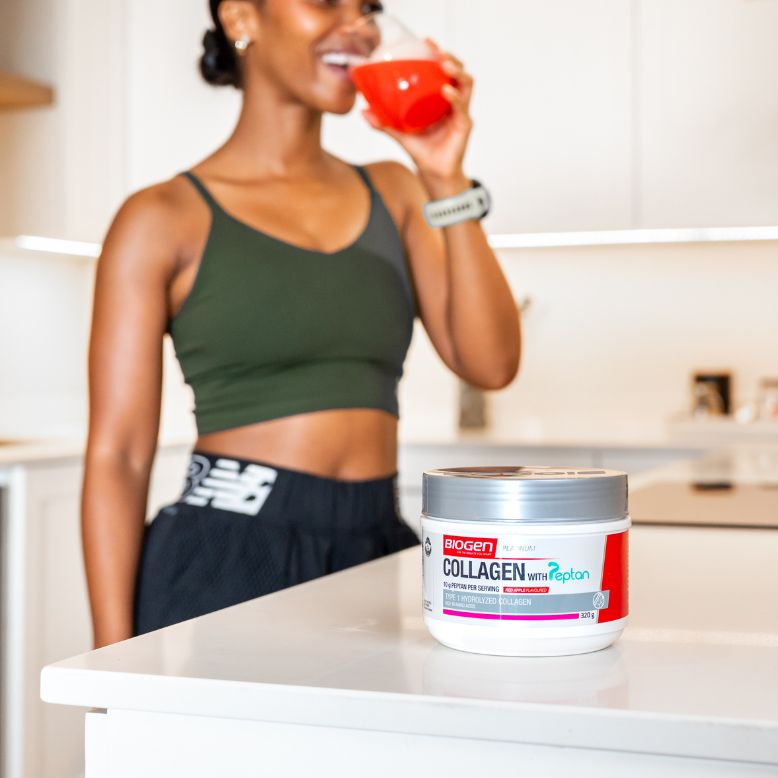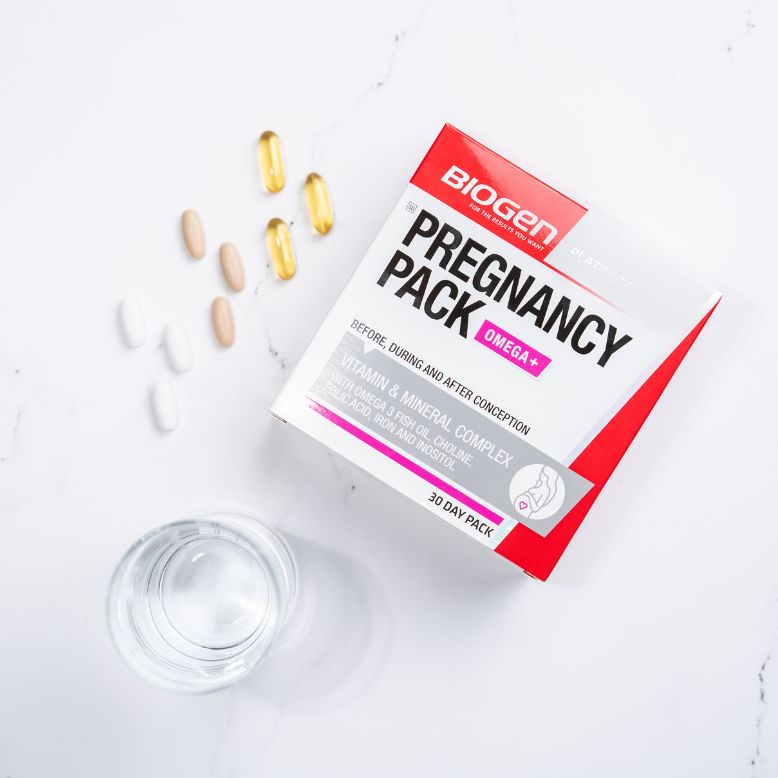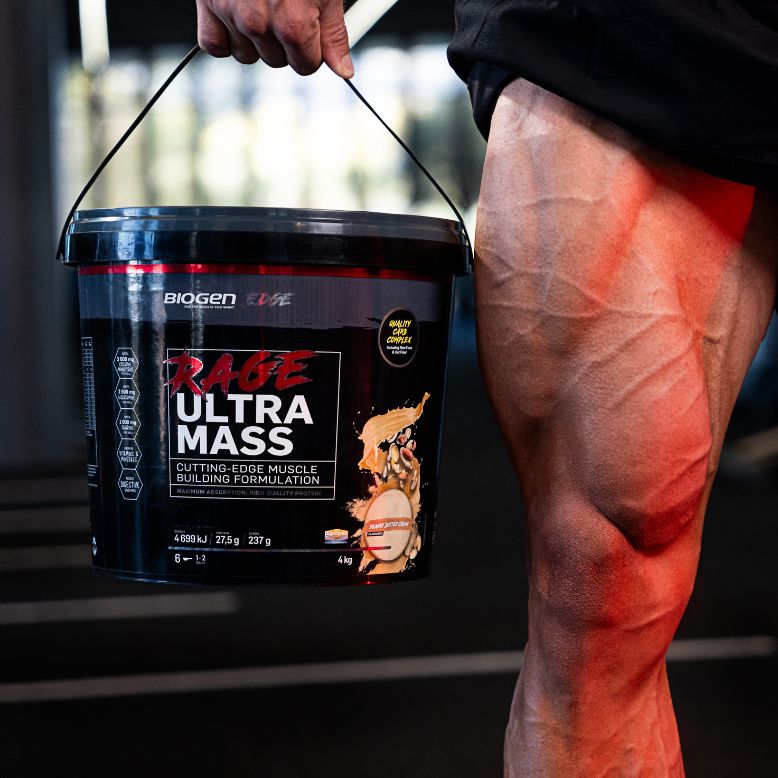
When it comes to strengthening your immune system, a proactive approach and extra precautionary steps are your best defences against viruses and potential infections. Here are 5 ways you could increase your chances of dodging an illness:
- Eat your way to a stronger immune system
Healthy nutrition is the foundation on which you build a strong immune system. Your body needs an array of micronutrients to produce the infection-fighting cells that make up our immune response.
A mineral, vitamin or general nutrient deficiency can compromise your immune system and increase your acceptability to infections.

That’s why eating a balanced, wholesome diet that contains nutrient-dense, fresh fruits and vegetables, particularly leafy greens can help immune defences. These foods are also packed full of important antioxidants, which can help boost immunity and may also reduce the duration of an infection.
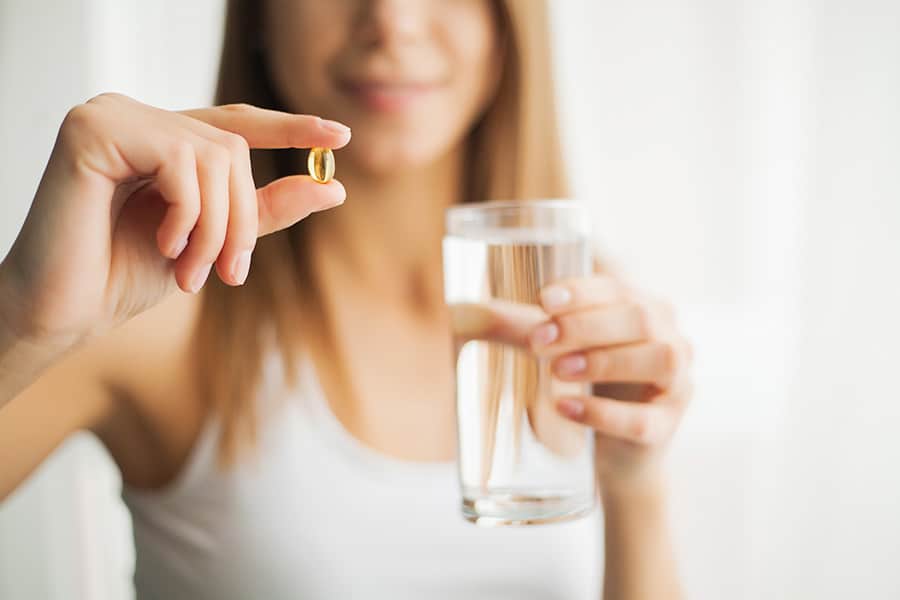
- Fill any nutrition gaps
While you should get most of your micronutrients from the wholesome, natural food you eat, modern diets and food processing means that food today can be deficient in one or more of these important substances.
Supplementing whole food sources with suitable high-potency vitamin and mineral products or fortified foods can help to plug any potential nutritional gaps and boost your immunity.
Nutrition research shows that the immune system can be strengthened and optimal immunity achieved with an adequate supply of vitamins A, B6, B12, D and E, zinc, selenium, iron, beta carotene and coenzyme Q10. Science shows that Vitamin C is beneficial during an infection to support your immune system.
- Give your body extra support
Beyond aiding recovery and building muscle, supplements like glutamine and branched chain amino acids (BCAA) can also help to give your immune system a boost.
More specifically, glutamine stimulates the activity of certain immune cells, and circulating glutamine levels fall after exercise. That’s why our risk of infection can increase without proper glutamine replenishment.
Studies have also shown that many immune cells have an unusually high capacity to utilise glutamine, but are unable to synthesise it in its original state. They therefore require a constant supply from the blood. As BCAAs work in the body to provide a the building blocks for glutamine production, supplementing with BCAAs can provide additional immune-boosting support. For this reason, whey protein can also be beneficial in the fight against infections.
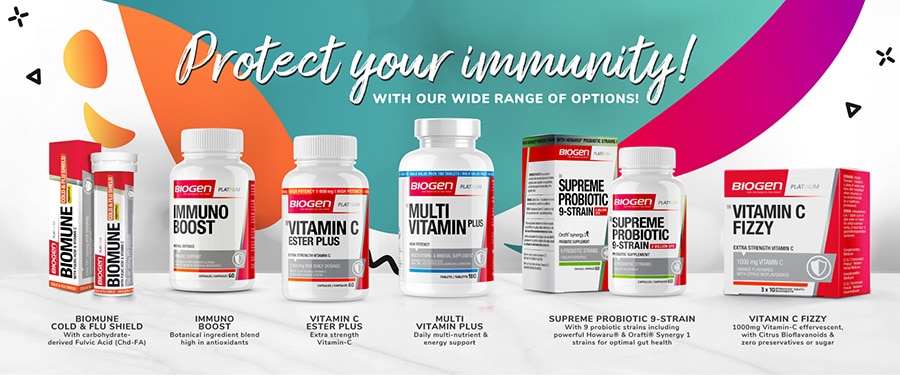
- Don’t restrict calories
For instance, studies show that training in a glycogen-depleted state increases the release of stress hormones when compared with more balanced diets. One such study, published in 2004 in the Journal of Sports Sciences, found that athletes who trained in this state increased stress hormone levels, which is linked to a decrease in immune function.
The researchers suggested that “consuming 30–60 g carbohydrate (per hour) during sustained intensive exercise attenuates rises in stress hormones such as cortisol and appears to limit the degree of exercise-induced immune depression” and that “this practice appears to attenuate some of the immunosuppressive effects of prolonged exercise.”
- Prevention rather than cure
Ultimately, the best defense against an infection is immaculate personal hygiene. This means regular and thorough hand washing, and minimising human and surface contact in communal areas. Wash your hands often, using soap while at home or at the office, or hand sanitiser that contains at least a 60% alcohol solution while out and about in public or communal spaces.
This is also a good idea after coming into contact with other people, whether they’re presenting with symptoms or not, and surfaces such as door handles, communal use items like kettles, taps and water coolers, and surfaces in public areas.
That’s because germs and viruses are primarily transmitted via hand-to-hand contact, or surface-to-hand contact. For these reasons, it is also important to avoid touching your face, especially your mouth, nose and eyes before you’ve had a chance to wash your hands.
Other ideal times to wash hands are when you get home, to protect your family from any infectious agents you may have picked up. Wiping down communal surfaces and not sharing eating utensils and cups and glasses at home are also good ideas, as is separating toothbrushes in the bathroom so that they don’t all touch each other.




